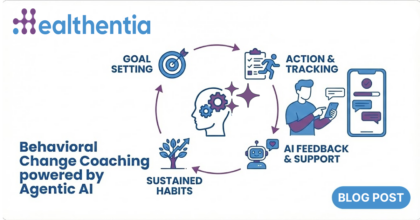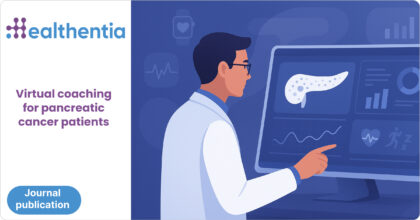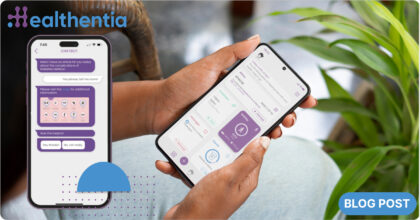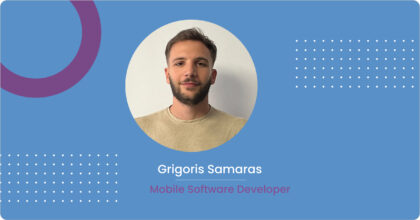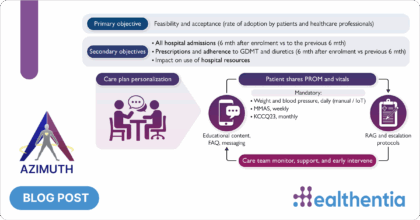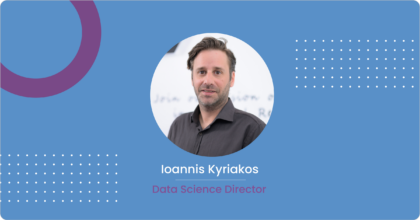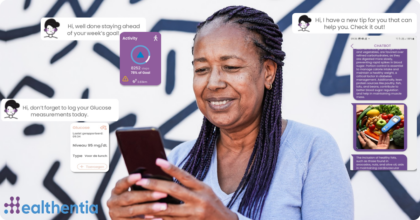
Our team attends mHealth Plugathon and our representantive is our Software Engineer, George Matikas.
“I am looking forward to participate in mHealth Plugathon 2020. Despite the fact that the program postponed due to the corona situation from March 2020 to November 2020, my excitement didn’t lower. I believe that i would get precious information and knowledge on new technologies, apportunities and HL7 FHIR. My aim is to learn more about mhealth and ehealth design and implementation so as to impart them to our iSPRINT development and software engineering team.
I am sure mHealth Plugathon would be such an experience! I can’t wait to meet peers and interoperability experts.”
What is mHealth Plugathon?
The 2020 mHealth Plugathon takes place in Brussels on March 24-25. It is part of the Connectathon Week. The organizer is IHE Europe. It is organised over two-days and will include refresher sessions on the profiles & standards that will be used / illustrated during hands-on sessions and in interoperability testing.
The goal of the mHealth Plugathon is to provide vendors/startups developing healthcare devices and/or Apps with an educational approach on interoperability issues. This will help them to enable their products to interoperate with other systems. It will also help them to validate their interoperability in order to increase the value of their solutions in the market.
Mauro Zanardini, the Venice Plugathon Co-ordinator mentions:
“We were delighted with the feedback from vendors, users and academics and it was a huge success from many perspectives. The educational sessions were well-attended and that translated into enthusiastic testing sessions with the mHealth community, resulting in new contributions to IHE activities and new use-cases using IHE mHealth Profiles. We more than achieved our objectives and created a platform to help identify new trends/needs and look forward to building on this for future events.”
Benefits of participation:
- HL7 FHIR knowledge and understanding
- Learn more about mHealth interoperability such as the challenges and the implementation.
- Meet with peers and have opportunities to initiate future collaboration.
- Be part of the mHealth and eHealth interoperability communities.
- Network with interoperability experts.
- Access this complex world. Use of existing assets (framework, testing tools, etc).
